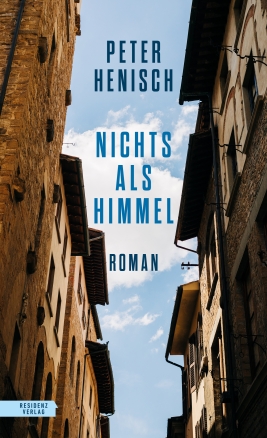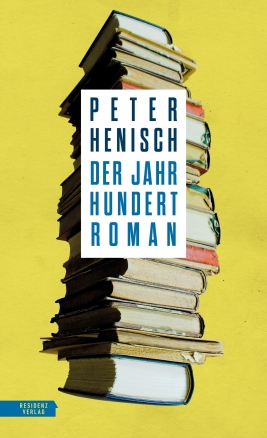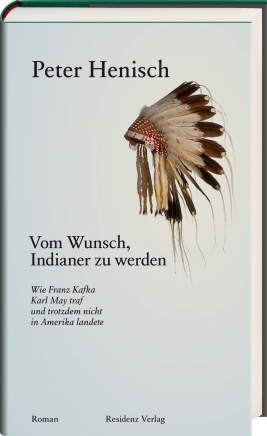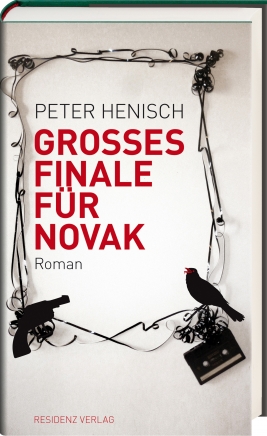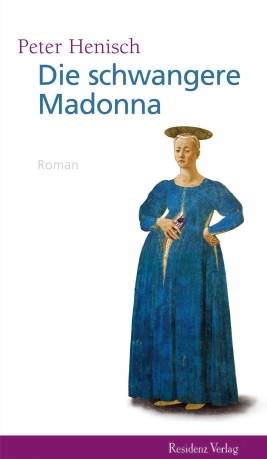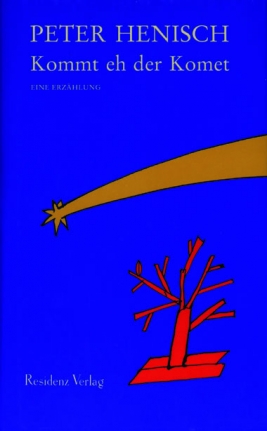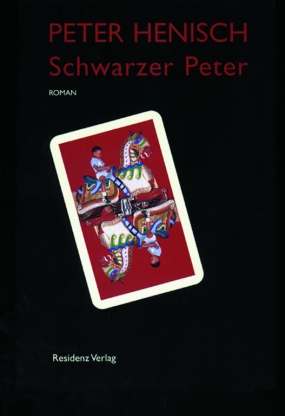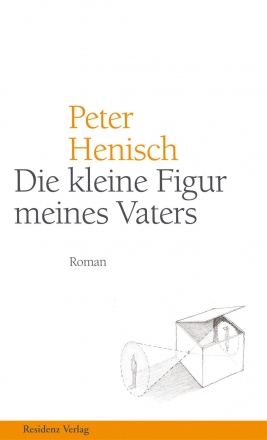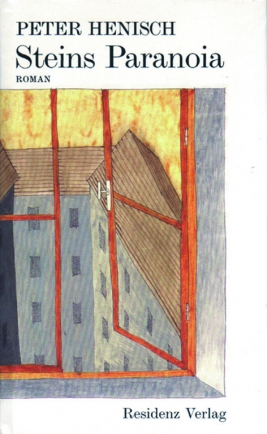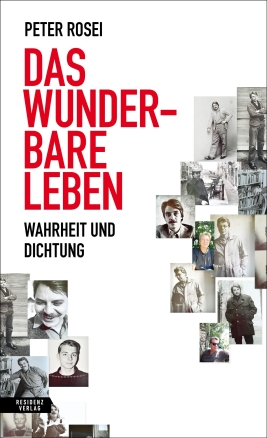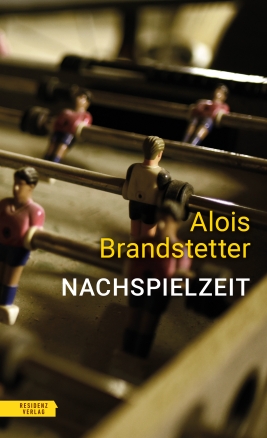In „Nichts als Himmel“ hat sich, bei aller scheinbaren Milde des toskanischen Ambiente, der Blick für die zentralen Probleme unserer Zeit noch geschärft. Der Roman fügt sich in Henischs breites literarisches Œuvre und zeigt dennoch einen neuen, härteren Ton.
[Quelle: Walter Grünzweig, DER STANDARD]
Die Ausführlichkeit und Detailfreudigkeit des Erzählens kontrastiert mit oft sehr kurzen Sätzen und Absätzen. Wie Henisch San Vito erforscht, wie er die Stadt mit Leben und Atmosphäre füllt, lässt doch eine Verwandtschaft erkennen: mit den Venedig-Romanen von Gerhard Roth und Peter Rosei.
[Quelle: Thomas Rothschild, DIE PRESSE]
Der Roman wirft einen besorgten Blick auf den Rechtsruck im Land, allem voran den Umgang der Regierung mit Geflüchteten. (...) Ein Buch, das den Sehnsuchtsort Italien ein Stück weit entzaubert.
[Quelle: Alice Pfitzner, ORF ZEIT IM BILD]
„Nichts als Himmel“ ist auch eine Phänomenologie des Ankommens, die eine gesteigerte Aufmerksamkeit für das zunächst Ungewohnte und Fremde hat. (...) Henischs wahre Stärke ist seine Beobachtungsgabe und Beschreibungskunst, mit der er ganz alltägliche Wahrnehmungen, Vorkommnisse und Verrichtungen unaufdringlich poetisch zu evozieren vermag.
[Quelle: Klaus Nüchtern, FALTER]
In „Nichts als Himmel“ kehrt Henisch literarisch in sein fiktives Dörfchen in der Toskana zurück, das er mit zahlreichen Beobachtungen zum Leben erweckt.
[Quelle: KRONEN ZEITUNG]
„Nichts als Himmel“ ist weniger ein Roman als eine große Erzählung. (...) Henisch stattet seinen Erzähler mit viel Sensibilität aus.
[Quelle: Wolfgang Huber-Lang, APA]
Schon ist man mittendrin in einem Diskurs aus (auch eigenen) Vorurteilen, politischer Hetze und einer neu entstehenden Freundschaft, die ungewöhnlich und intensiv in italienischer Idylle die Gegenwart seziert.
[Quelle: TREND]
Schon viele Jahre durchmisst Peter Henisch als aufmerksamer und kluger Chronist seiner Zeit seine Stoffe mit gesellschaftspolitischem Gespür für die Anliegen und Erfordernisse der Gegenwart. Seine Werke sind aber auch – wie sein neuer, dicht gesponnener Roman „Nichts als Himmel“ – getragen vom grundsätzlichen Vertrauen in die Kraft der Menschlichkeit, voller kulturgeschichtlicher Anspielungen und immer wieder überzogen vom Firnis feiner Poesie.
[Quelle: Maria Renhardt, DIE FURCHE]
Peter Henisch ist auch mit 80 genauso wie immer und er serviert uns eine Überraschung. Es ist einfach ein wunderbares Buch, das auch in der Konfrontation mit Flüchtlingen seinen Charme hat.
[Quelle: Rotraut Schöberl, CAFÉ PULS]
Beides gelingt Henisch in „Nichts als Himmel“ – die Erzählung und der Tiefgang.
[Quelle: ÖSTERREICH]
Über die Begegnung mit einem jungen Mann aus Afrika verhandelt Henisch die italienische Migrationspolitik, von der einstigen Willkommenskultur bis hin zur Kriminalisierung von Flüchtlingen.
[Quelle: ORF KULTURMONTAG]
Eine Hommage an die Toskana und ein Bekenntnis zur Willkommenskultur. Ein großartiger Beobachter, Beschreiber und Erzähler
[Quelle: Sebastian Fasthuber, FALTER]
Ein Buch zwischen südlicher Idylle, italienischer Lebensfreude und politischer Stimmungsmache. Flüchtlingsthematik trifft auf rechte Hetze trifft auf wunderbare Freundschaft. Peter Henisch verbindet alles souverän miteinander und benennt trotz zwiespältiger Gefühle immer wieder das Gute.
[Quelle: ECO.NOVA]
In seinem neuen Roman wagt der Vielschreiber (...) einen cleveren Rückgriff auf Figuren aus seinen früheren Werken.
[Quelle: Fabian Scherkenbach, EKZ]
Leserinnen und Leser mit langjähriger Peter-Henisch-Erfahrung werden sich, wenn sie seinen neuen Roman zur Hand nehmen, über so manche Wiederbegegnung freuen.
[Quelle: Christian Scherreiter, OÖ Nachrichten]
Henisch‘ neuer Roman ist kein Alterswerk, sondern spürt dem aktuellen Puls der Zeit nach. Er vermittelt sehr einfühlsam das sonnige Lebensgefühl des Südens, aber auch die Schattenseiten. Welch schwierige politische Zeiten Italien gerade durchlebt, lässt Henisch immer wieder anklingen.
[Quelle: Hans Bogenreiter, AUGUSTIN]
Darin verbindet Peter Henisch souverän südliche Idylle mit politischer Aktualität und erzählt von einer ungewöhnlichen Freundschaft.
[Quelle: TIPS/ENNS]
